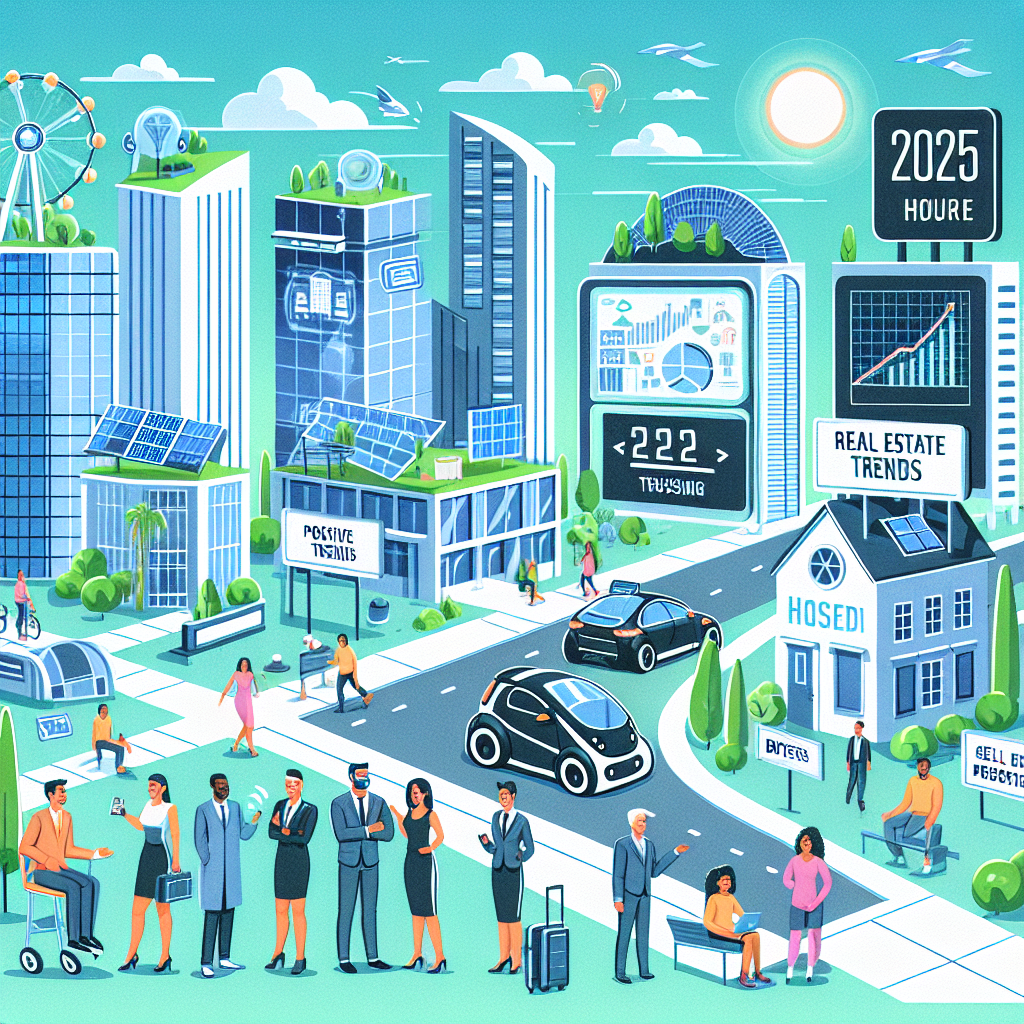2025 Housing Market Predictions: What to Anticipate
2025 Housing Market Predictions: What to Anticipate
The housing market is a dynamic entity, influenced by a myriad of factors ranging from economic conditions to demographic shifts. As we approach 2025, potential homebuyers, investors, and policymakers are keenly interested in understanding what the future holds. This article delves into the anticipated trends and factors that are likely to shape the housing market in 2025.
Economic Influences on the Housing Market
The economic landscape plays a crucial role in determining the trajectory of the housing market. As we look towards 2025, several economic factors are expected to have a significant impact:
- Interest Rates: The Federal Reserve’s monetary policy will continue to influence mortgage rates. While rates have been historically low, any upward adjustments could affect affordability and demand.
- Inflation: Persistent inflationary pressures may lead to increased construction costs, impacting housing supply and prices.
- Employment Trends: A robust job market can boost consumer confidence, leading to increased home purchases. Conversely, economic downturns could dampen demand.
Demographic Shifts and Their Impact
Demographic changes are another critical factor influencing the housing market. By 2025, several trends are expected to emerge:
- Millennials and Gen Z: As these generations enter their prime home-buying years, their preferences for urban living and sustainable housing will shape market offerings.
- Aging Population: The growing number of retirees will increase demand for downsized homes and senior-friendly communities.
- Migration Patterns: Remote work trends may continue to drive migration from urban centers to suburban and rural areas, affecting regional housing markets.
Technological Advancements in Real Estate
Technology is revolutionizing the real estate industry, and by 2025, its influence will be even more pronounced. Key technological trends include:
- Virtual Reality (VR) and Augmented Reality (AR): These technologies will enhance the home-buying experience, allowing potential buyers to tour properties remotely.
- Blockchain Technology: Blockchain could streamline property transactions, making them more secure and transparent.
- Smart Homes: The demand for smart home features will continue to grow, with buyers seeking energy-efficient and connected homes.
Case Studies: Regional Variations
While national trends provide a broad overview, regional variations can offer more nuanced insights. For instance:
- California: With its high demand and limited supply, California’s housing market is expected to remain competitive, with prices continuing to rise.
- Texas: Texas may see a surge in demand due to its business-friendly environment and lower cost of living, attracting both individuals and companies.
- Florida: Florida’s appeal to retirees and remote workers could lead to increased demand, particularly in coastal areas.
Conclusion: Key Takeaways for 2025
As we look towards 2025, the housing market is poised for significant changes driven by economic conditions, demographic shifts, and technological advancements. While interest rates and inflation will play pivotal roles in shaping affordability, the preferences of younger generations and the aging population will influence demand. Technological innovations will continue to transform the buying and selling process, making it more efficient and accessible.
Ultimately, understanding these trends and their implications will be crucial for stakeholders in the housing market. Whether you’re a potential homebuyer, investor, or policymaker, staying informed and adaptable will be key to navigating the evolving landscape of the 2025 housing market.



